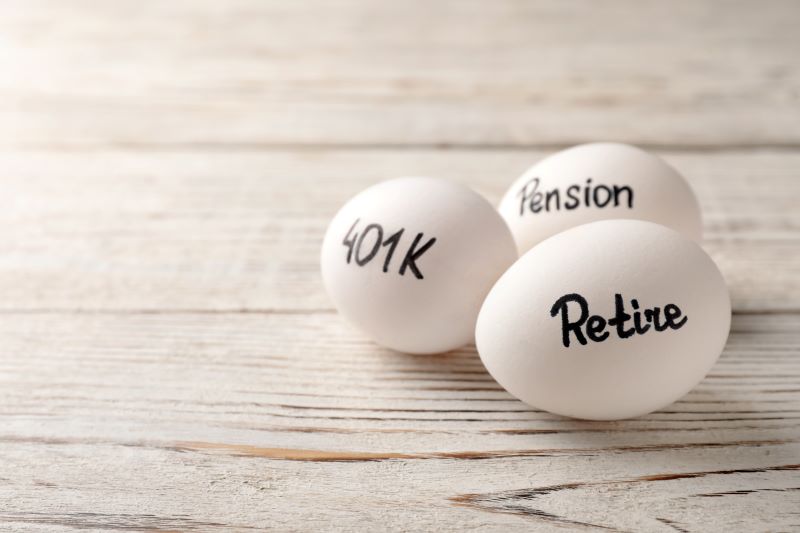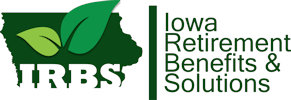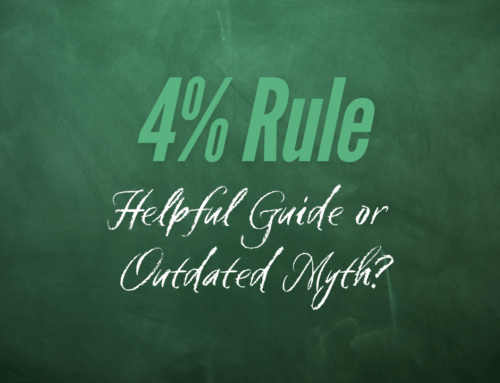How the Move from Pensions to 401(k)s Changed Retirement
How the Move from Pensions to 401(k)s Changed Retirement
Posted by Jeff Carey
Serving Cedar Rapids, Iowa, and Surrounding Areas.
How the Move from Pensions to 401(k)s Changed Retirement
If you’re planning for retirement—or already retired—you’ve probably noticed how different things look compared to your parents’ or grandparents’ retirement years. Many of them could count on a pension plan: a guaranteed monthly paycheck for life, often tied to years of service and salary. That kind of certainty gave retirees peace of mind.
Today, pensions are becoming a thing of the past. Outside of government jobs and a handful of union employers, most Americans now rely on their 401(k) plan as their primary source of retirement savings. And while 401(k)s can be powerful tools, they come with more responsibility—and more risk—for you as the retiree.
Let’s take a closer look at why this shift happened, and more importantly, what it means for your retirement income planning.
Why Did America Move from Pensions to 401(k)s?
1. Cost & Risk for Employers
-
Pensions (Defined Benefit Plans): Employers promised guaranteed lifetime income. They were on the hook for funding, investing, and covering shortfalls if markets underperformed.
-
401(k)s (Defined Contribution Plans): Employers contribute (sometimes with a match), but the investment risk shifts to the employee. This reduced costs and liability for companies.
So if you’ve been wondering “What’s the difference between a pension and a 401(k)?”—this is it: pensions guarantee income, while 401(k)s put you in charge of investing and withdrawals.
2. Flexibility for Employers 
Running a pension meant decades of commitment and heavy regulation. 401(k)s are cheaper, easier to manage, and companies can pause contributions during tough economic times.
3. Workforce Mobility
Back in the day, most people stayed at the same company for 30+ years. That made pensions logical. But by the 1980s and 90s, job-hopping became the norm. 401(k) accounts are portable, meaning your money follows you from job to job.
4. Tax Law Changes
The Revenue Act of 1978 created Section 401(k), allowing workers to defer salary into retirement accounts before taxes. Employers quickly realized they could use 401(k)s to replace pensions, and employees liked having more direct savings power.
5. Cultural & Economic Shifts
-
Decline of unions, which had fought for pensions.
-
Rise of “personal responsibility” in retirement planning.
-
Stock market growth made investing look like a strong wealth-building strategy.
What the Pension-to-401(k) Shift Means for Retirees
Here’s the reality: pensions offered certainty. A check arrived every month, no matter what the stock market did. With a 401(k), the responsibility for turning savings into income is yours.
That creates new retirement risks, including:
-
Longevity risk: Will your savings last as long as you do?
-
Market risk: What if a downturn hits early in retirement?
-
Withdrawal strategy: How do you safely withdraw from a 401(k) without running out—or overpaying in taxes?
-
Inflation & healthcare costs: How do you keep pace with rising expenses?
For retirees in Iowa and across the country, these are not small questions. Unlike pensions, 401(k) plans don’t come with built-in instructions for creating reliable retirement income.
How to Make Your 401(k) Last in Retirement
If your retirement depends on a 401(k), you need a plan that answers three big questions:
-
How much can I safely withdraw each year? (Think beyond the “4% rule.”)
-
How do I balance growth with protection? (Bucket strategies often work best.)
-
How do I minimize taxes in retirement? (Roth conversions, RMD planning, and Social Security timing are all critical.)
Your Next Step: Retirement Planning with Confidence
At Iowa Retirement Benefits & Solutions, we specialize in helping retirees turn their 401(k)s and IRAs into reliable income streams. We’ll walk you through strategies for:
-
Protecting against market downturns.
-
Coordinating Social Security with your retirement withdrawals.
-
Creating a tax-smart withdrawal plan so you don’t overpay Uncle Sam.
-
Building a roadmap so you know your money will last as long as you do.
Don’t leave your retirement to chance. Let’s build a plan so you can enjoy peace of mind—without worrying about outliving your savings.
Email us at info@iowaretirementsolutions.com
Call us at 319-423-3332
Click here to schedule your free consultation.
Investment advisory services are offered through Fusion Capital Management, an SEC registered investment advisor. The firm only transacts business in states where it is properly registered or is excluded or exempted from registration requirements. SEC registration is not an endorsement of the firm by the commission and does not mean that the advisor has attained a specific level of skill or ability. All investment strategies have the potential for profit or loss.




